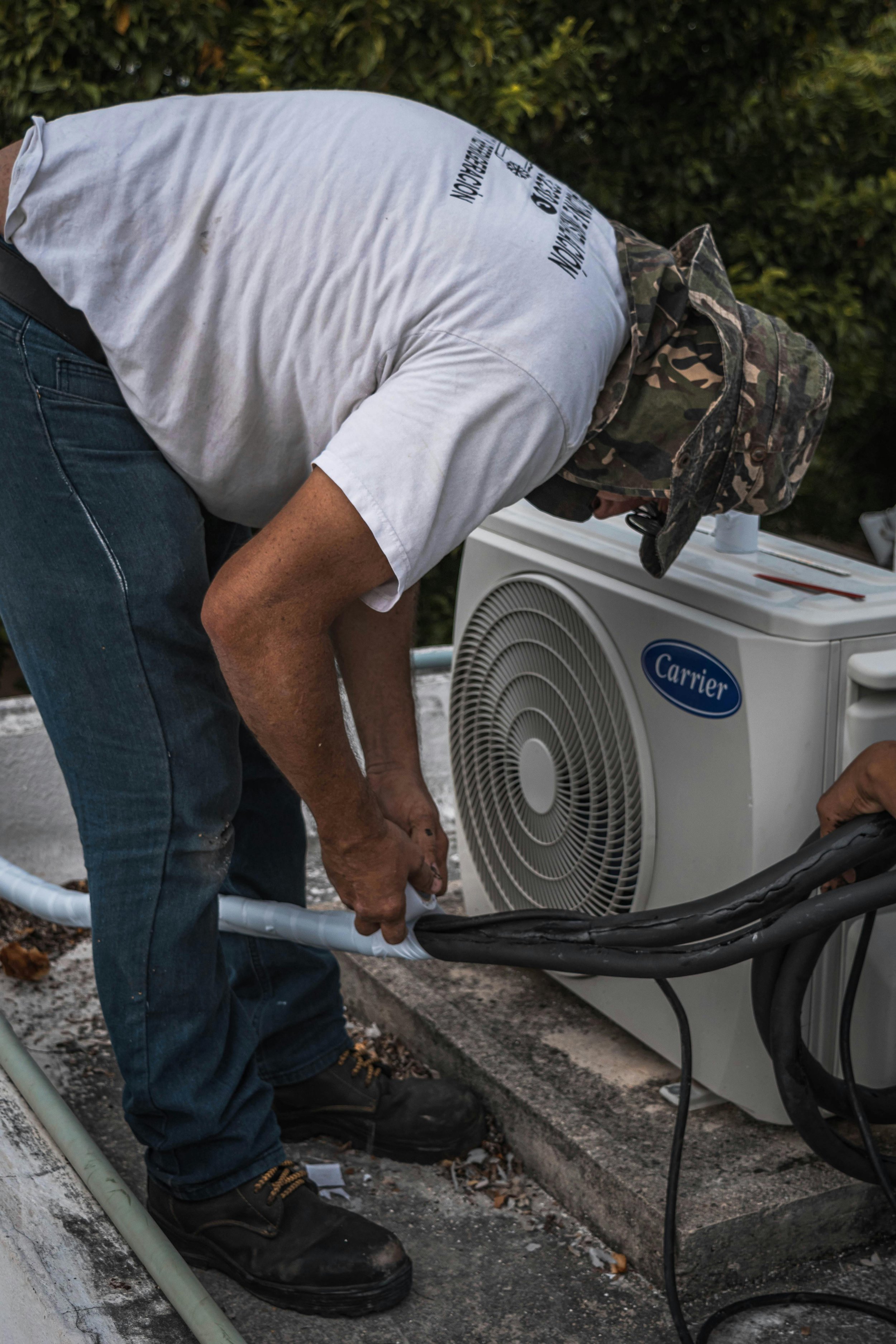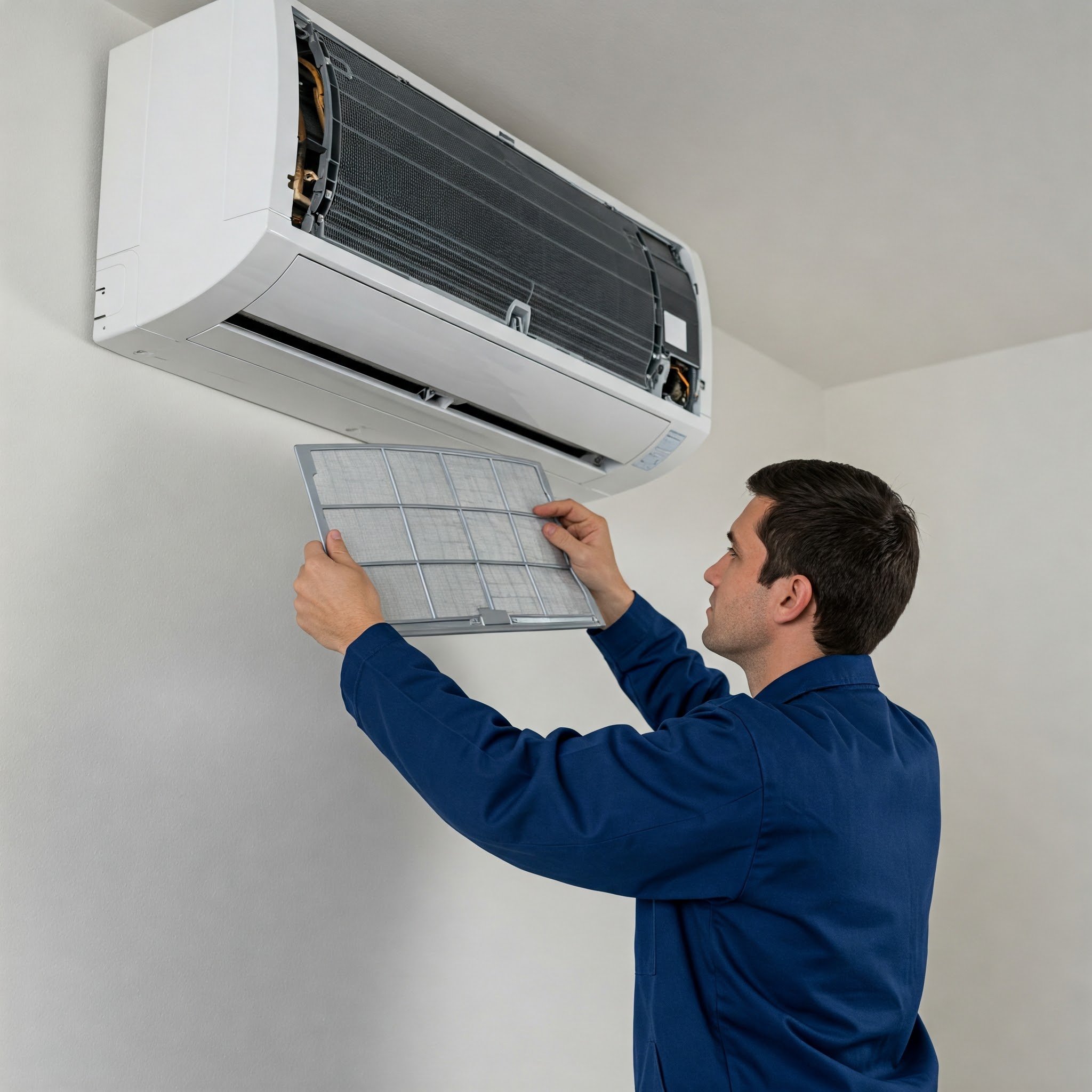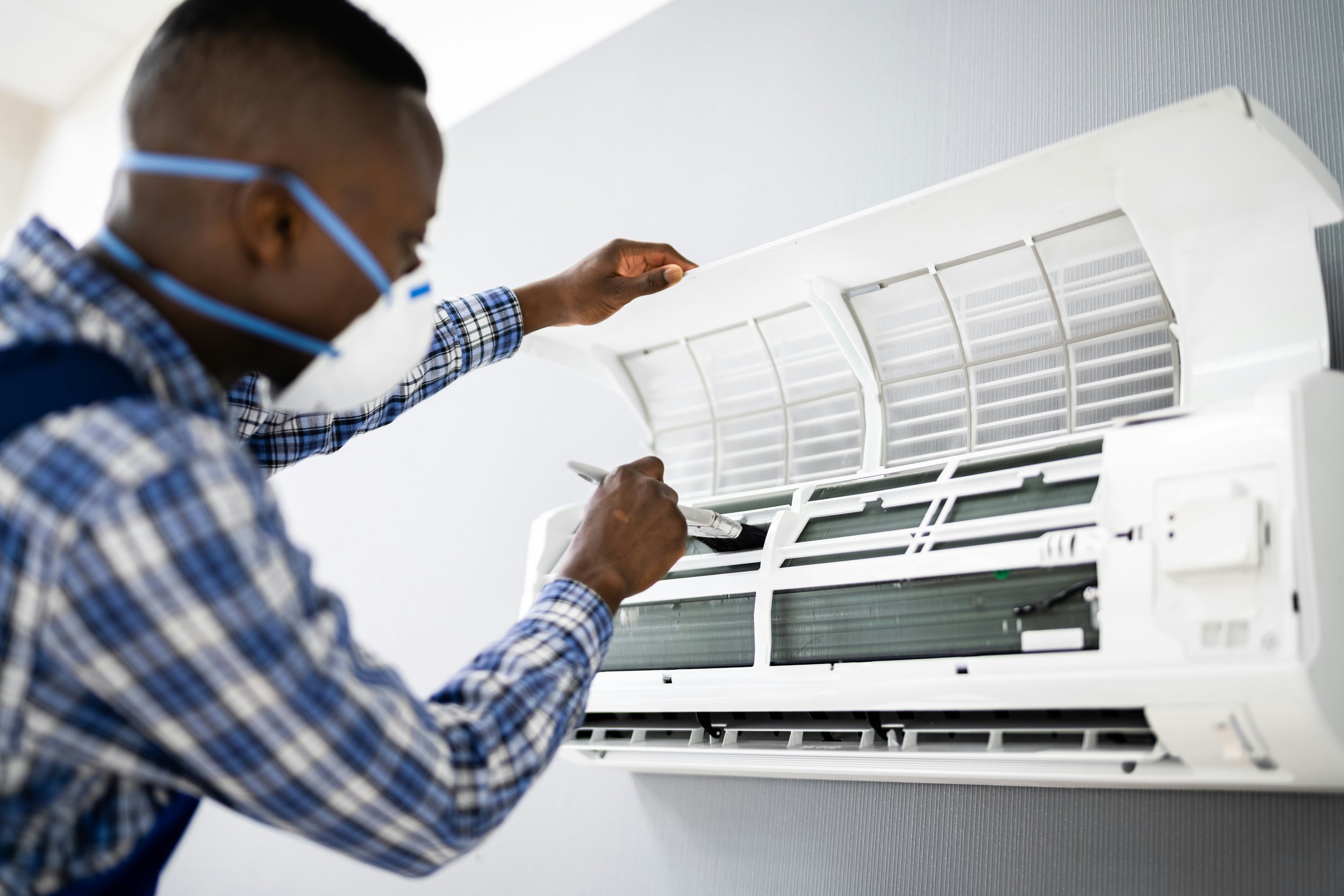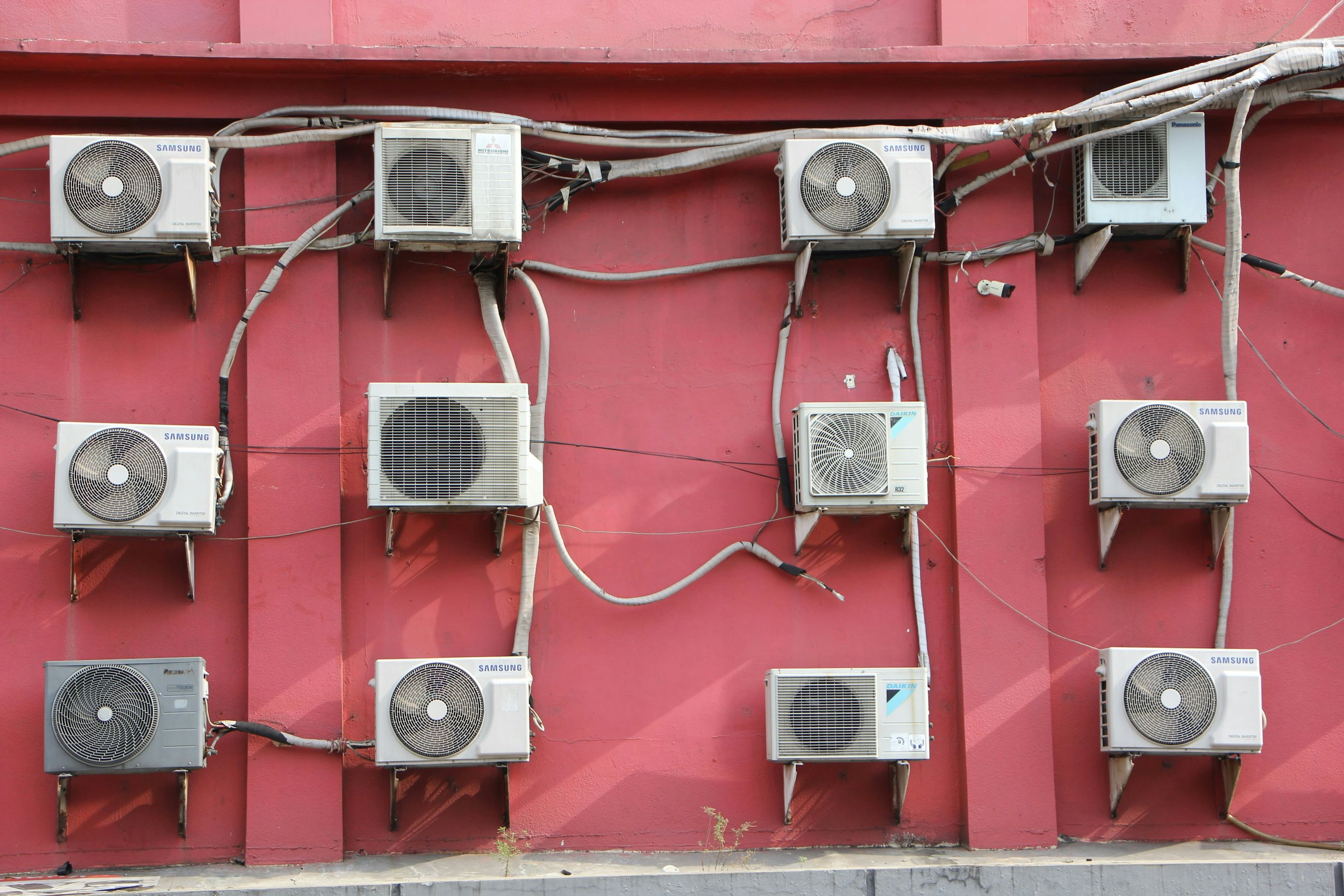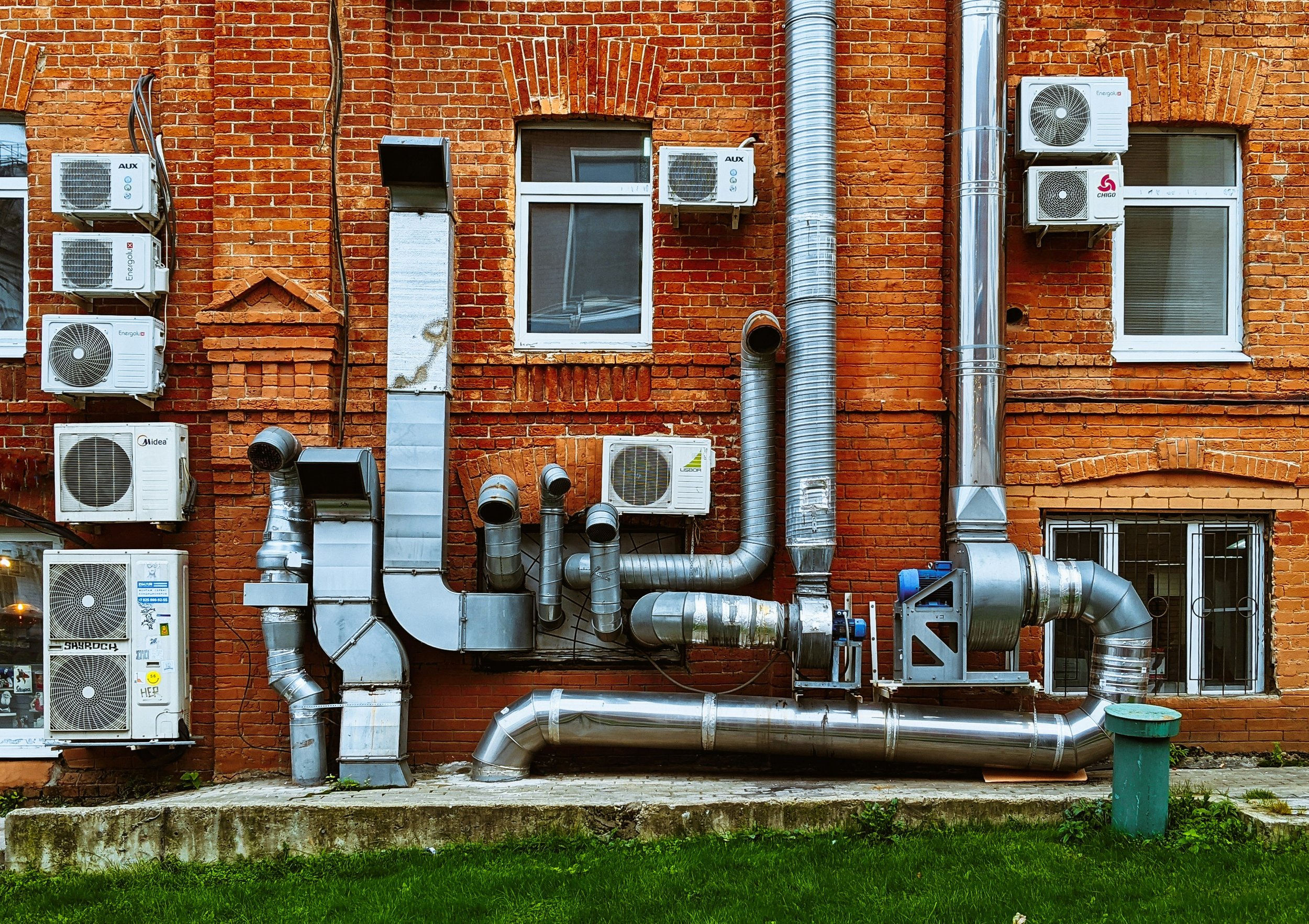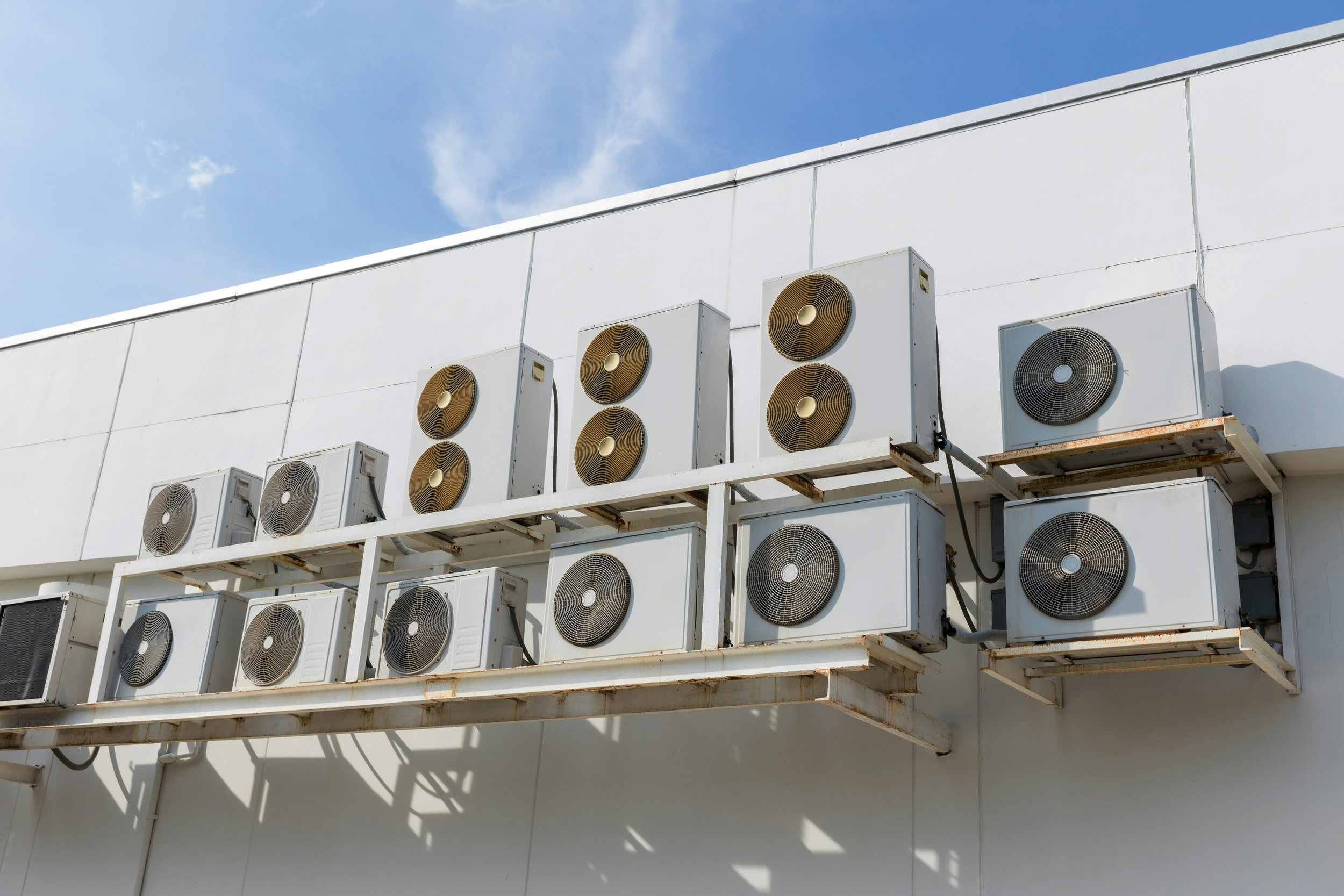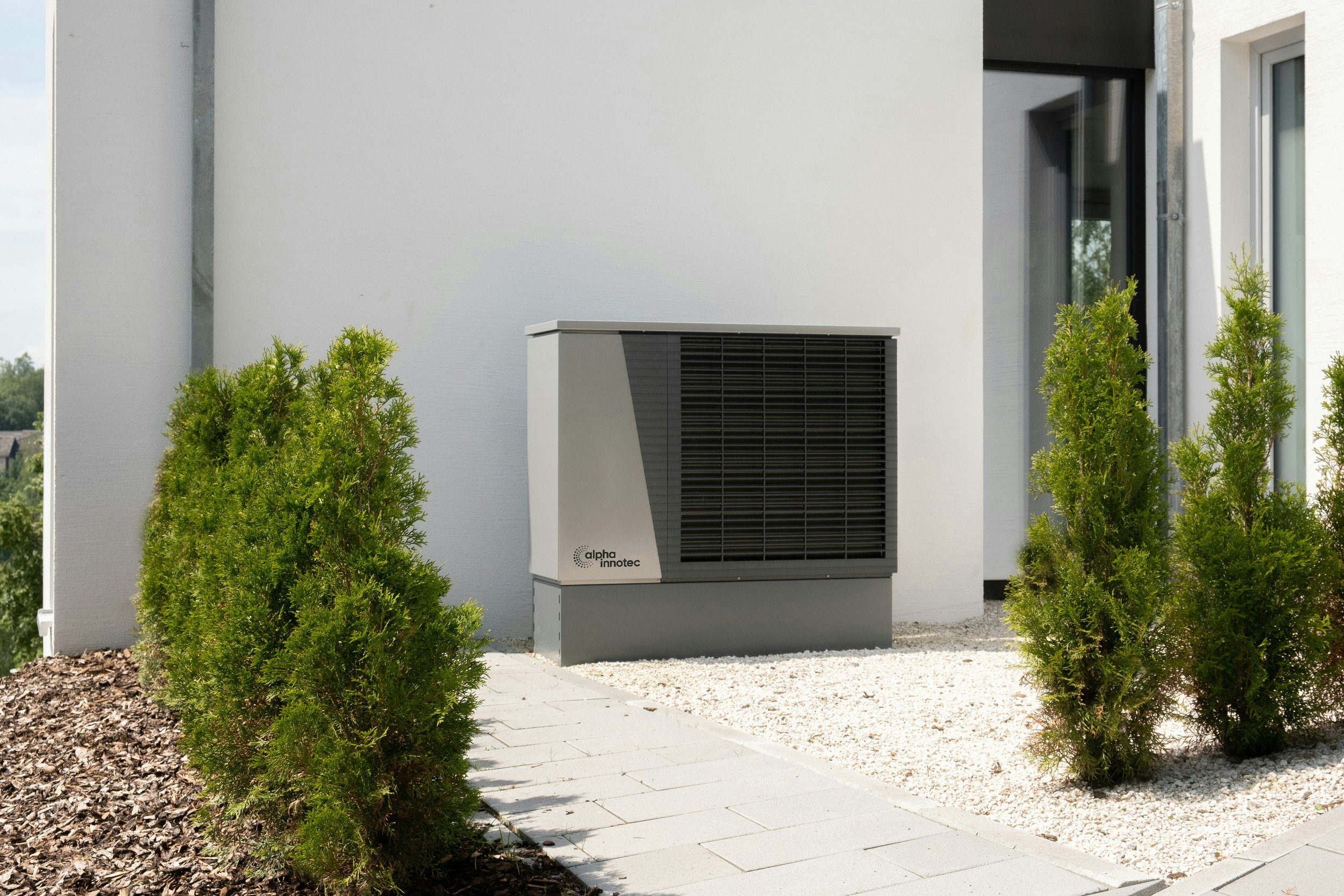AC Maintenance: Tips on Extending the Lifespan of Your Air Conditioning Unit
Learn essential AC maintenance tips to extend the lifespan of your air conditioning unit, ensuring efficient performance and long-term savings.
Buying a new HVAC system is a major investment for most homeowners. If your HVAC system is getting older, you might wonder how long it will last and when it will need replacement. There are general guidelines for how long a unit might last, but an HVAC system’s lifespan varies based on usage patterns and maintenance.
It is essential to maintain an HVAC system regularly to extend its life. Routinely checking and servicing the unit prevents breakdowns. It also reduces the need to seek services for AC repair in Denver constantly.
In addition to keeping your AC unit running well, regular check-ups can also help you save money on your energy bills. Below are more tips and tricks for maintaining your AC unit and keeping it in good working order.
Average Lifespan of Air Conditioning Units
Modern air conditioners, including the condenser outside, typically have a life expectancy of 15 to 20 years. A unit's life expectancy varies depending on how often it is used, what conditions it operates under, how well it is maintained, and how well it is constructed.
A window air conditioner typically lasts 8 to 10 years. Various factors can contribute to this lifespan, such as the quality of the unit, its usage, and the frequency of its maintenance. An unmaintained window unit, for instance, will break down sooner than expected, especially if it is heavily used.
How to Extend the Lifespan of Your Air Conditioning System
These tips can help you get the most out of your air conditioner:
Do regular AC maintenance.
A regular maintenance schedule can lengthen the lifespan of your air conditioner. Maintaining the unit regularly and promptly prevents unexpected breakdowns. Critical maintenance tasks include inspecting parts for apparent signs of damage, cleaning or replacing filters, and checking the refrigerant levels.
Clean or change the air filters regularly.
Filters keep dust, pollen, and other airborne particles from entering the system and your home. Your air conditioner must work harder if the filter becomes clogged over time. Clogged filters also reduce airflow from the AC unit.
Regularly cleaning or replacing filters is necessary to improve the AC system’s performance and prolong its life. Filters are generally inexpensive, easy to find, and require few skills to replace.
Make the switch to a smart thermostat.
A smart thermostat lets you ease your air conditioner’s load and have a cool house when you get home. With smart thermostats, your air conditioner will be turned on and off automatically based on your preprogrammed input, so it won't run when you don't need it.
Using a smart thermostat can prolong the AC's life by rationing its usage. Besides saving you money on your utility bill, it will also extend the life of your system.
Make sure your home is well insulated.
The less you run your HVAC system, the longer it will last. Improving your home insulation can reduce your HVAC's run time and extend lifespan. With the right type of insulation, you can keep more heat inside your home during the winter and cool air inside during the summer. HVAC systems in energy-efficient homes last longer and work less.
Regularly check the ducts.
A leaky duct in your home can also stress your air conditioner by reducing efficiency. These leaky ducts can cause you to lose up to 40% of your air, so the AC unit has to work even harder to provide sufficient cool air. Professionals like Modern Purair Duct Cleaning can help ensure your ducts are clean and efficient, reducing strain on your AC system and improving indoor air quality.
Your house's ducts need to be insulated and sealed to prevent air from escaping. With quality ductwork, your AC will be more efficient.
Protect and clean the outdoor unit.
Maintain the outdoor HVAC units by cleaning and removing debris. Ensure there is adequate clearance surrounding the outdoor unit. Ensure no vegetation or other obstructions block the airflow. You should leave at least 60 cm of clearance around your AC's outdoor unit.
You should also protect the outdoor unit from direct sunlight. Providing the air conditioner with natural shade, such as an awning or shade structure, can prevent prolonged exposure to direct sunlight and lower the ambient temperature around it. This can minimize the workload on the AC unit.
Get Professional Help
Regular professional maintenance by a qualified HVAC technician is essential to extending the lifespan of your air conditioner. It is also important to have an AC unit inspected and tuned by a trained professional to identify potential issues before they become major problems.
As part of professional maintenance, filters are often replaced as necessary, moving parts are lubricated, refrigerant levels are checked, and airflow is optimized. Investing in professional maintenance at least annually can help prevent breakdowns, optimize performance, and extend the lifespan of your equipment.
